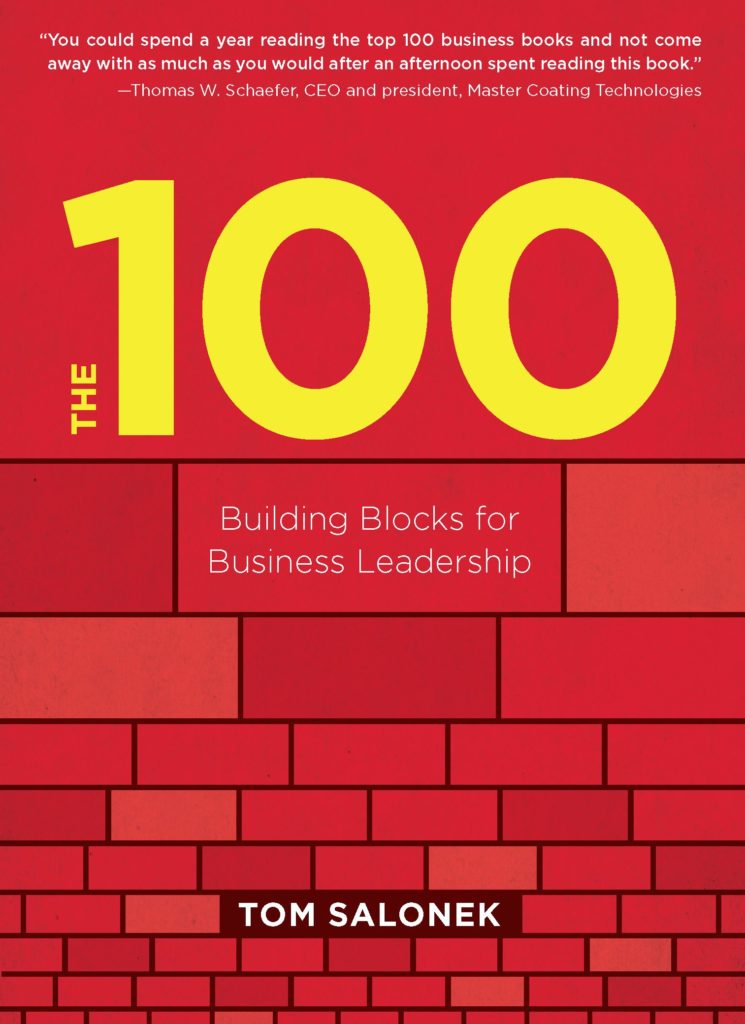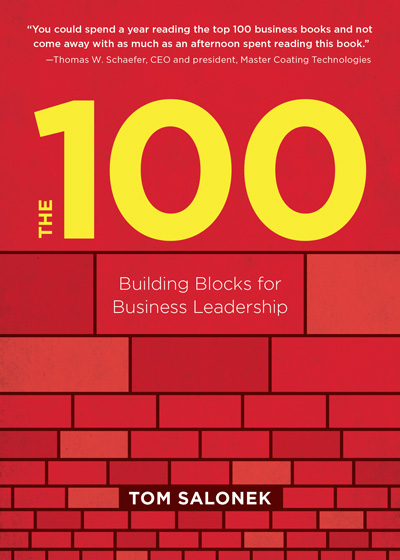There’s been a break in my blogging. Sorry.
Between leading Intertech through this time to being a tutor as my kids take classes through the summer to wrapping up an Audible version of my book, things are busy. Regardless, a big thing that’s keeping our business on track is the daily huddle.
If you’re familiar with the concept of Scrum development, you already know about the value of daily huddles. Our leadership team and individual work teams alike engage in these regular standing meetings, which lasts 15 minutes or less. In this “new normal,” team members join the huddle through a conference call or other platforms like Teams or Zoom.
In a huddle, we share significant updates, metrics, and issues or problems. Since we know we’ll have a chance to touch base at the end of each day; we avoid interruptions as things pop up during the workday. By asking for problems daily, huddles also help with “slaying monsters early.”
The purpose of our huddles is to review anything that requires action from others, to share the good news, and to reveal any stuck items or problems. It also strengthens our culture of open communication and teamwork.
Huddles can also be quickly scaled. For example, in March, when this whole thing started, we upped our huddles to twice per day (noon and end of the day) to make sure we as a leadership team could stay informed and quickly make considered decisions.
We are in unchartered times. If I can help you and your team, from copies of my book to a presentation, please let me know.


